Amine El Assouri, Stalks
In the digital age, data analytics is becoming a key tool for understanding trends and optimizing processes in various fields, including education. Find out how schools can harness data analytics to identify specific student needs, personalize learning and improve academic results
Understanding student needs through data analysis
Data analytics in education opens up valuable insights into in-depth understanding of individual student needs. By examining academic performance across a range of indicators – exam results, class participation, and homework responses – educators can spot patterns and revealing trends. This detailed analysis helps identify not only the subjects in which students are struggling, but also those in which they show particular interest and aptitude. By adjusting curricula to include enhanced support in weak areas and additional challenges in strong areas, schools can truly meet the needs of each individual student, increasing their engagement and academic success.
Personalized learning
Personalized learning based on data analysis is a revolution in education. By using advanced algorithms to analyze student performance and learning behaviors, schools can create tailor-made educational pathways. This can include adapted study plans, personalized teaching resources, and specific intervention strategies that meet individual needs. Adaptive learning technologies, for example, automatically adjust content and assessments according to each student’s skill level and rate of progress. This approach ensures that each student is challenged at his or her optimum level, fostering greater subject understanding and motivation.
Continuous improvement through real-time feedback
Data analytics systems collect and analyze real-time feedback from students on their learning experience. This data, often collected via digital educational platforms, provides instant insights into the effectiveness of teaching methods and student well-being. Teachers can thus quickly adjust their pedagogical approaches, reinforcing techniques that work well and modifying those that are less effective. For example, if data shows that students are struggling with a specific concept, the teacher can revise that particular point in class the very next day, ensuring that students overcome obstacles before they become more serious problems.
Using Data to Forecast Trends and Improve Education Policies
Beyond the immediate impact on student outcomes, data analysis provides a holistic view that can influence long-term policy decisions. By examining trends over several years, decision-makers can identify the successes and failures of existing educational programs, and adjust policies to better serve future generations. This can include adjustments in resource allocation, curriculum revision, and the implementation of new pedagogical technologies. Data can also be used to forecast society’s future skills needs and prepare students to meet these demands, ensuring a better match between education and career opportunities.



